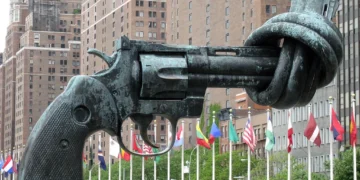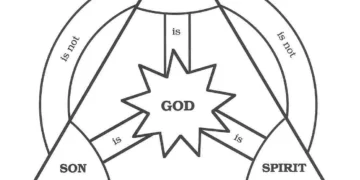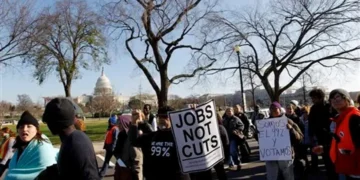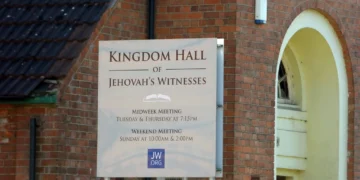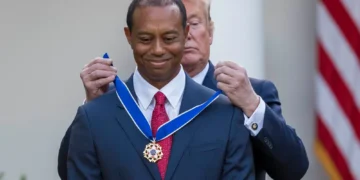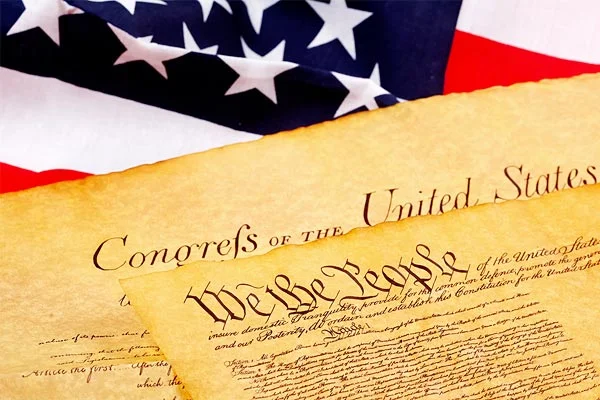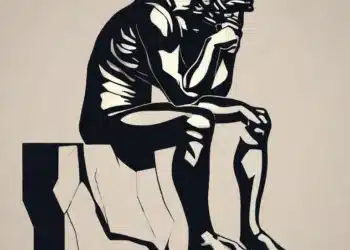The United States’ Second Amendment has been a subject of intense debate, with passionate arguments advocating both for and against the unimpeded right to bear arms. As society has evolved and times have changed, some argue that the reasons behind the Second Amendment are no longer relevant today. This opinion piece aims to examine the pros and cons of the Second Amendment in a neutral tone, exploring whether the continuation of this constitutional right remains a necessary aspect of personal freedom for US citizens.
Pros of the Second Amendment
1. Personal Safety and Self-Defense
One of the core arguments in favor of the Second Amendment is the right to self-defense. Proponents believe that the ability to carry firearms provides a means for individuals to protect themselves and their loved ones from potential harm and criminal assaults. This sense of personal security is essential to ensuring individuals feel safe and empowered.
2. Deterring Tyranny
Another significant proponent of the Second Amendment argues that an armed citizenry acts as a deterrent against despotism and government overreach. By ensuring that individuals can possess firearms, the Second Amendment acts as a safeguard against potential tyrannical abuses of power. Advocates argue that an armed populace serves as a check and balance, reminding the government of the people’s sovereign authority.
3. Historical Significance
The Second Amendment is deeply rooted in American history and tradition. It reflects the pioneering spirit and struggle for independence that led to the birth of the nation. Many citizens consider the right to bear arms as a fundamental part of their heritage, symbolizing the hard-fought battles for freedom and ensuring the preservation of individual liberties.

Cons of the Second Amendment
1. Gun Violence
Prominent critics of the Second Amendment highlight the concerning issue of gun violence in the United States. They argue that easy access to firearms contributes to an alarming number of homicides, suicides, and accidents. The presence of firearms in society increases the potential for misuse and tragic consequences. Critics point out the need for stricter gun control measures to prevent such incidents.
2. Public Safety
Opponents of the Second Amendment contend that the wide availability of firearms poses a threat to public safety. The possibility of criminals obtaining guns easily and the potential for accidents involving firearms raise concerns about the overall wellbeing of communities. Stricter regulations and better background checks are deemed necessary to address these safety concerns.
3. Evolving Society
Critics argue that the context in which the Second Amendment was written has changed significantly over time. The existence of modern law enforcement agencies, coupled with the absence of imminent foreign threats, diminishes the need for private citizens to arm themselves against potential dangers. They argue that a more nuanced approach to gun ownership, prioritizing public safety, should be considered in light of societal evolution.
My Conclusion
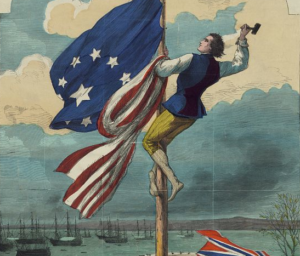
While the threat posed by the English or any other external forces might not be as relevant today, the debate surrounding the Second Amendment persists. The pros and cons of this constitutional right continue to shape discussions about personal freedom and public safety in the United States. Striking a balance between individual rights and the well-being of society remains a complex challenge. As the nation evolves, it is essential to reexamine and evaluate the Second Amendment within the framework of the present-day reality, exploring ways to ensure responsible gun ownership while prioritizing public safety.
Owning a gun is considered by many to be a vital part of being an American and an inherent aspect of the freedom that comes with being a U.S. citizen. The right to bear arms is enshrined in the Second Amendment of the United States Constitution, which recognizes the importance of self-defense, protection of one’s property, and the ability to safeguard personal liberties. Guns provide a means for individuals to protect themselves, their families, and their property in a potentially dangerous world. They also serve as a deterrent against potential threats, both foreign and domestic. The ability to exercise this fundamental right not only upholds the principles of individual freedom but also serves as a symbol of the citizen’s ability to resist tyranny and maintain a balance of power within society.
